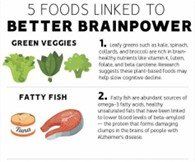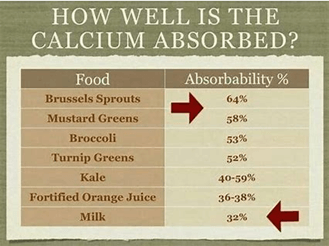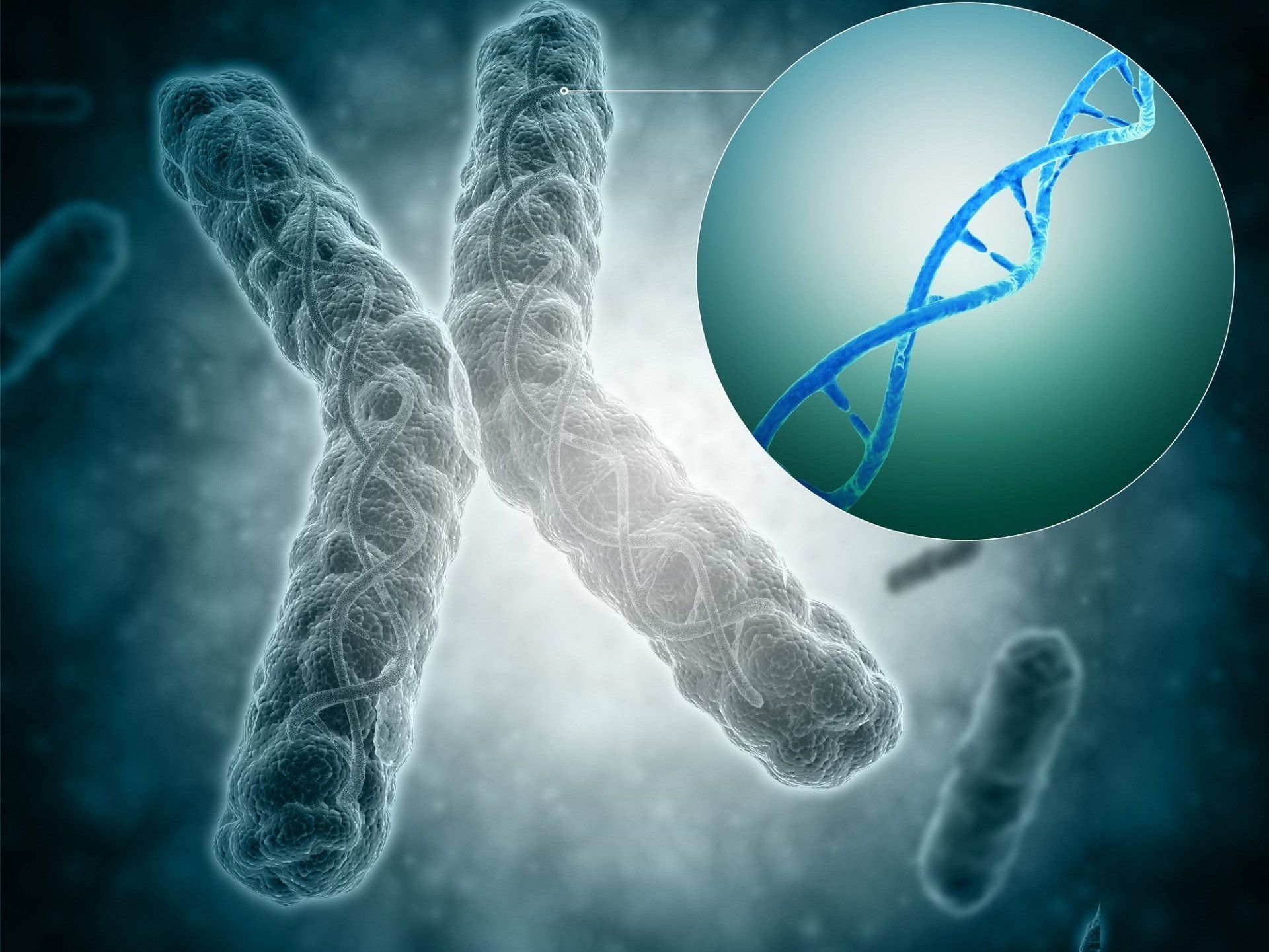7 Benefits of a Daily Dose of Greens

The Power of Greens and an Alternative Way to Enjoy Them

The foods that we put in our bodies have one of the biggest influences on our health. Our bodies break down the foods that enter them and use the nutrients to build every cell and structure of the body. Therefore, we ARE essentially what we eat. If we aren't fueling our bodies properly, dis-ease entails. Eating a variety of foods helps to ensure we get our daily dose of vitamins and minerals.
One way to fuel our bodies is through leafy greens. Leafy greens include kale, spinach, arugula, cabbage, broccoli, and romaine lettuce. Benefits of these vegetable include brain protection, stress relief, bone health, healthy aging, inflammation response improvement, blood glucose balance, and enhanced gut health and detoxification. Let's explore the top 7 reasons to incorporate more greens in the diet.
1. Brain Power
2. Stress Relief
3. Bone Health
4. Aging
5. Improved Inflammatory Response
6. Blood Sugar
7. Gut Health + Detox
There are delicious ways to add greens to diet.
Eating a salads, broccoli or brussells every day doesn't appeal to everyone. Nor does everyone have time daily to prepare a variety of green vegetables. If spinach, lettuce, or broccoli do not appeal, or if you have picky eaters as kids (or a spouse or YOU), greens powder can be a great alternative. In general, 1 tablespoon of powdered greens is equal to one cup of greens. This can be mixed into many recipes without our picky eaters noticing.
I prefer to add my greens to smoothies. With either a purchased greens powder or a homemade one, adding 1/2 T with your favorite fruit, water or fruit juice and ice makes for a flavorful sweet treat. My favorite is frozen mangos, water (natural fruit juice for the pickiest), 1/2-1T greens powder, ice and some fresh or frozen pineapple or strawberries. Blend in my Vitamix to a smooth consistency.









